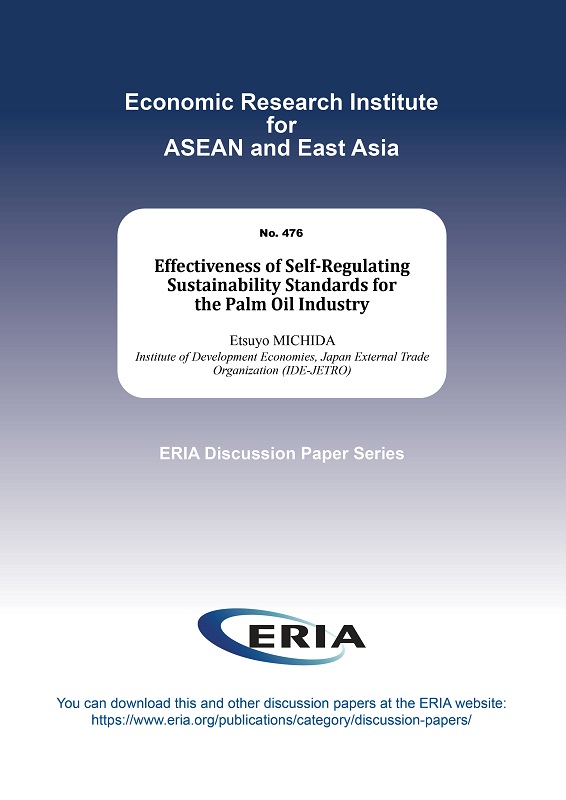Effectiveness of Self-Regulating Sustainability Standards for the Palm Oil Industry

Print Article:
National sustainability certification schemes for the palm oil sector such as Indonesian Sustainable Palm Oil (ISPO), and Malaysia Sustainable Palm Oil (MSPO) have emerged to address negative environmental externalities and increase productivity of the sector. However, their reach does not extend to international markets, with differing aspirations and compliance mechanisms compared to the globally recognised private certification scheme. Benchmarking and harmonisation across the schemes could have multiple benefits. First, it decreases fragmentation of standards and allows procurement of certified palm oil at lower costs. Second, a harmonised regional scheme rather than multiple national schemes makes communication on the improvement of sustainability standards with global users easier, while involvement of users in their revision is expected to lead to their global recognition. Third, having a harmonised ASEAN standard can help other member countries in the region or countries from other regions to benchmark and adopt it as a proxy global standard, which prevents further fragmentation and proliferation of local standards. Making sustainable palm oil certifications acceptable for international markets is expected to pave the way for similar programmes for other agricultural products. Lastly, as the proliferation of standards leads to confusion amongst consumers, a harmonised standard improves understanding and clarifies the expected impact on the palm oil sector.
Effectiveness of Self-Regulating Sustainability Standards for the Palm Oil Industry




